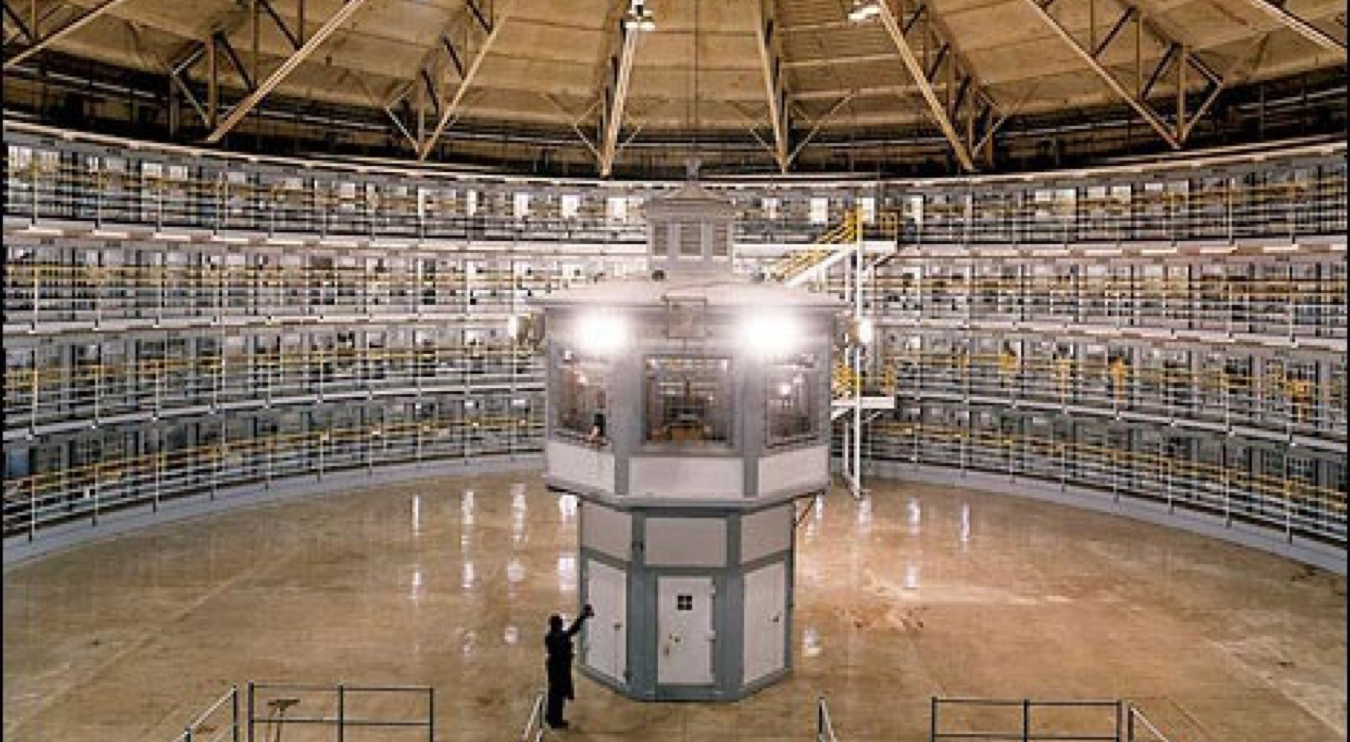
In this study, Corcoran State Prison, in California is analyzed. Ethical issues are some of the main challenges inside prisons today. Public access to correctional centers is limited, thus people outside of these institutions do not have enough information about challenges and issues administrators face. Some of the problems are the financial issues and burden, deep reforms in the justice system and also the promotion of diversity and reduction of gender disparities.Ĭorrections, Abuses, Brutality, Inmates, Decision-Making. To implement recommendations that bring positive changes, the administrators face very difficult challenges. Results indicated the lack of implementation of ethical principles in practice not only on a piece of paper, could lead to serious problems inside of corrections. Secondary data were included and categorized for thematic analysis and comparisons. The qualitative phenomenological study design was employed using a case study of Corcoran State Prison, in California.

The theoretical frameworks for this study were McNeal's organizational culture, and Cooper's principles of the responsible administrator, and O'Leary's guerrilla government theory. The purpose of this study was to bridge gaps in knowledge about the administrator's decision-making process, political influences, external and internal controls, and conflict of interests. Ethics and social justice are the main emphasized factors in this study, where various abuses may constitute in human rights violation, violation of a code of ethics, the corruption inside prisons and also other forms of misbehaviors. Correctional organizations often face with ethical issues, and the role of administrator in addressing these issues remains a great challenge.


 0 kommentar(er)
0 kommentar(er)
